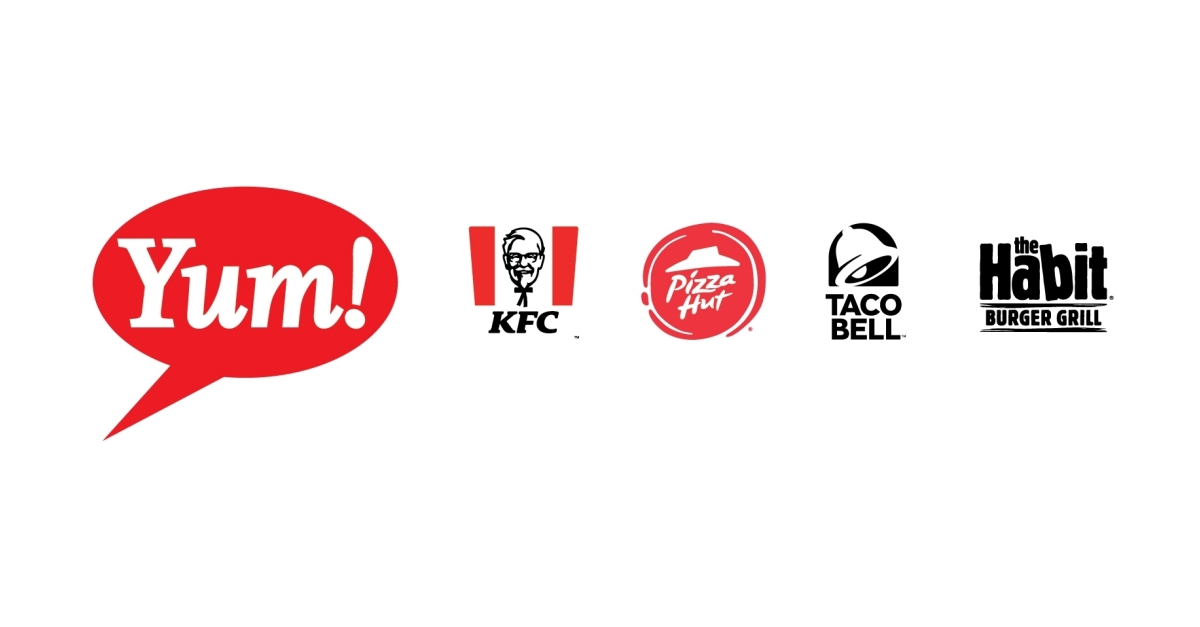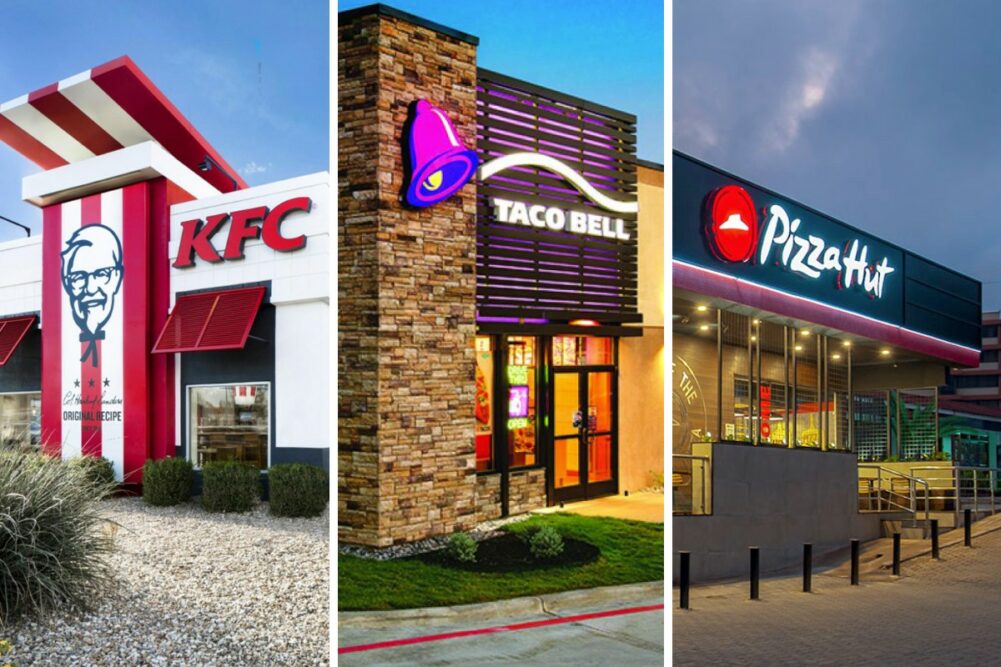Navigating the Challenges and Innovations in the Restaurant Industry: A Deep Dive into Yum Brands
Explore the operational challenges and digital innovations faced by Yum Brands in the competitive restaurant industry landscape.


Digital Transformation in the Restaurant Industry
Yum Brands, under the leadership of Gibbs, has embraced digital transformation to enhance its operational efficiency and customer engagement. With a significant investment in digital technologies, Yum Brands has witnessed a substantial increase in sales through digital channels, reaching an impressive $30 billion in 2024. The introduction of the integrated tech ecosystem, Byte, signifies the company's commitment to streamlining digital solutions into a unified platform.
Acquisitions and Diversification
The strategic acquisition of The Habit Burger & Grill for $375 million in 2020 marked Yum's expansion into the burger segment, diversifying its portfolio beyond pizza, Mexican food, and fried chicken. This move was pivotal in positioning Yum Brands at the core of the American Quick-Service Restaurant (QSR) sector. The company's foray into burgers showcases its agility in adapting to evolving consumer preferences and market trends.
![https://d3n2401vhvcfv5.cloudfront.net/_images/company/Yum!/1742488044433-packaging_collage_720x400[1].jpg](https://d3n2401vhvcfv5.cloudfront.net/_images/company/Yum!/1742488044433-packaging_collage_720x400[1].jpg)
Operational Challenges and Concentration of Profits
Yum Brands faces operational challenges, with a significant portion of its divisional operating profit heavily reliant on two major brands, Taco Bell and KFC. The concentration of profits from these brands highlights the need for diversification and growth in other segments to mitigate risks associated with dependency. While Taco Bell demonstrates consistent same-store sales growth, Pizza Hut and certain KFC segments have experienced stagnation, posing challenges for the company's overall profitability.
Strategic Risk Management and Overseas Expansion
Yum Brands' reliance on international markets, particularly in China, introduces strategic risks amid geopolitical tensions. With a substantial percentage of sales originating from China, any disruptions in U.S.–China relations could impact the company's foothold in mainland China. The successor to Gibbs will need to navigate this delicate balance between overseas success and geopolitical challenges, ensuring the resilience and longevity of Yum Brands in the global restaurant landscape.